Impact of Fiscal and Monetary Policies on Economic Growth
VerifiedAdded on 2020/10/22
|5
|637
|57
Report
AI Summary
This report analyzes the roles of fiscal and monetary policies within a global business environment. It begins by defining fiscal policy as government actions affecting taxation and spending to influence economic activity, and monetary policy as actions taken to control inflation and promote growth, often through interest rates. The report explores the tools used in each policy area, such as tax adjustments and interest rate changes, and their impact on economic variables like aggregate demand, inflation, and unemployment. Examples are provided, including how the UK government utilizes these policies to manage economic downturns and control inflation. The conclusion emphasizes the importance of these policies in maintaining economic stability and growth. The report references academic sources to support its findings.
1 out of 5
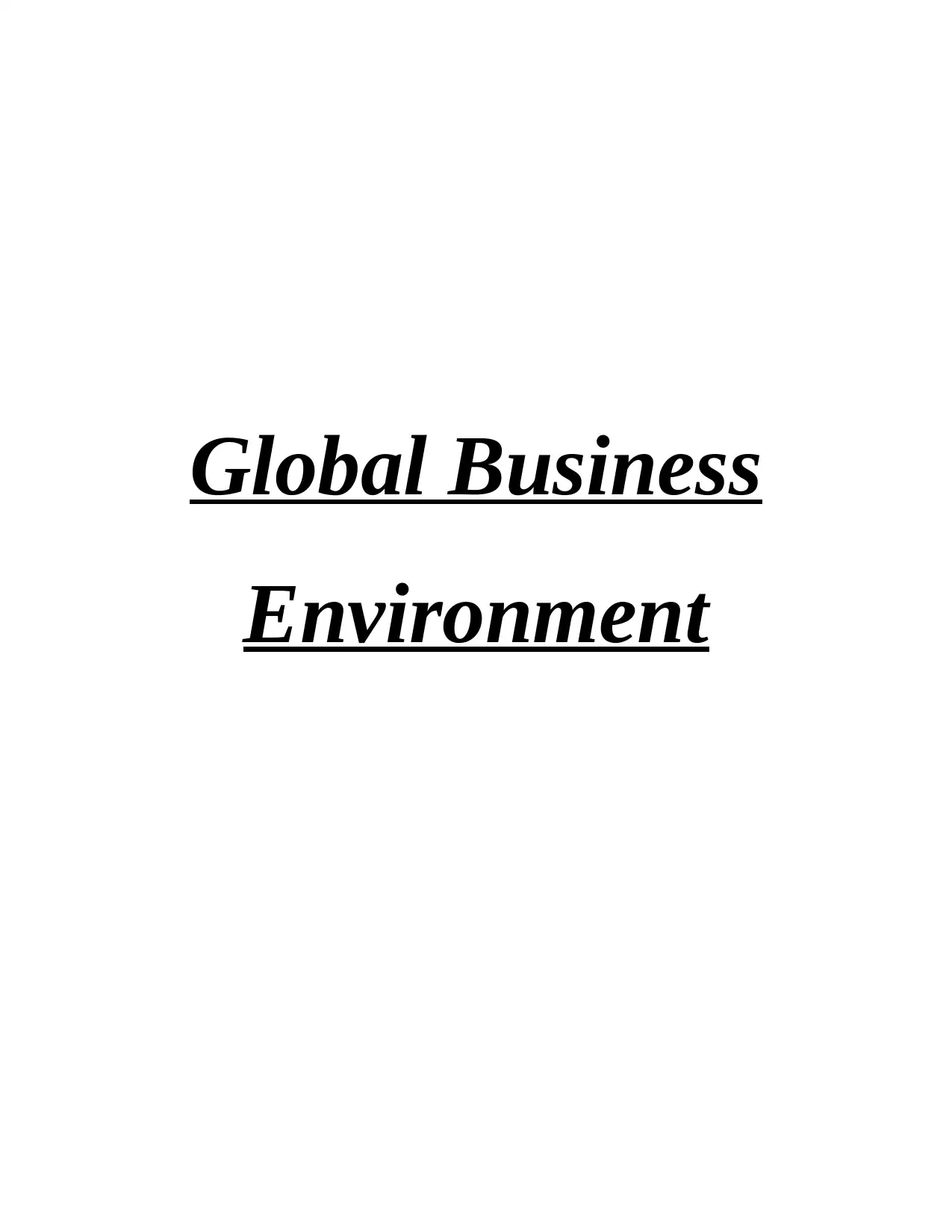
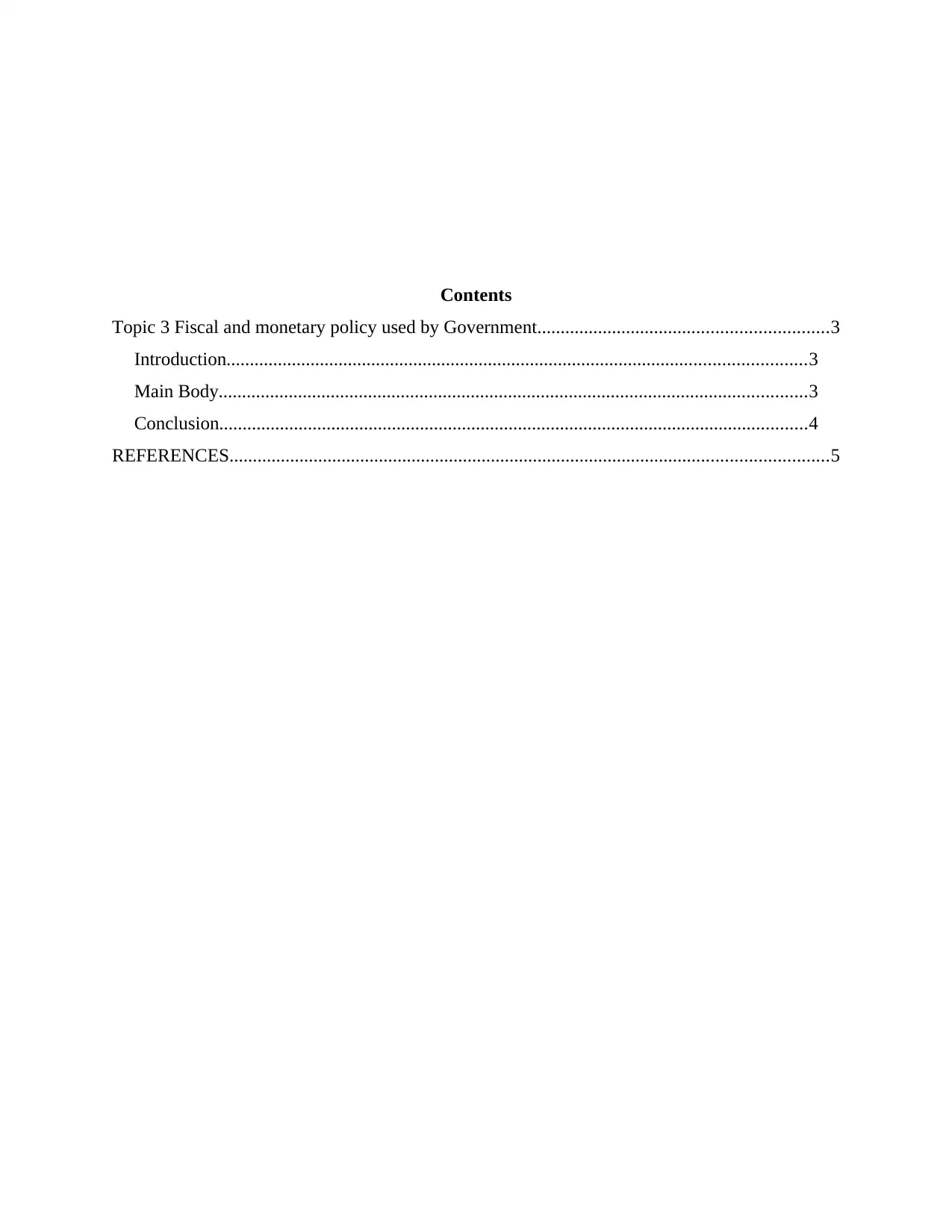
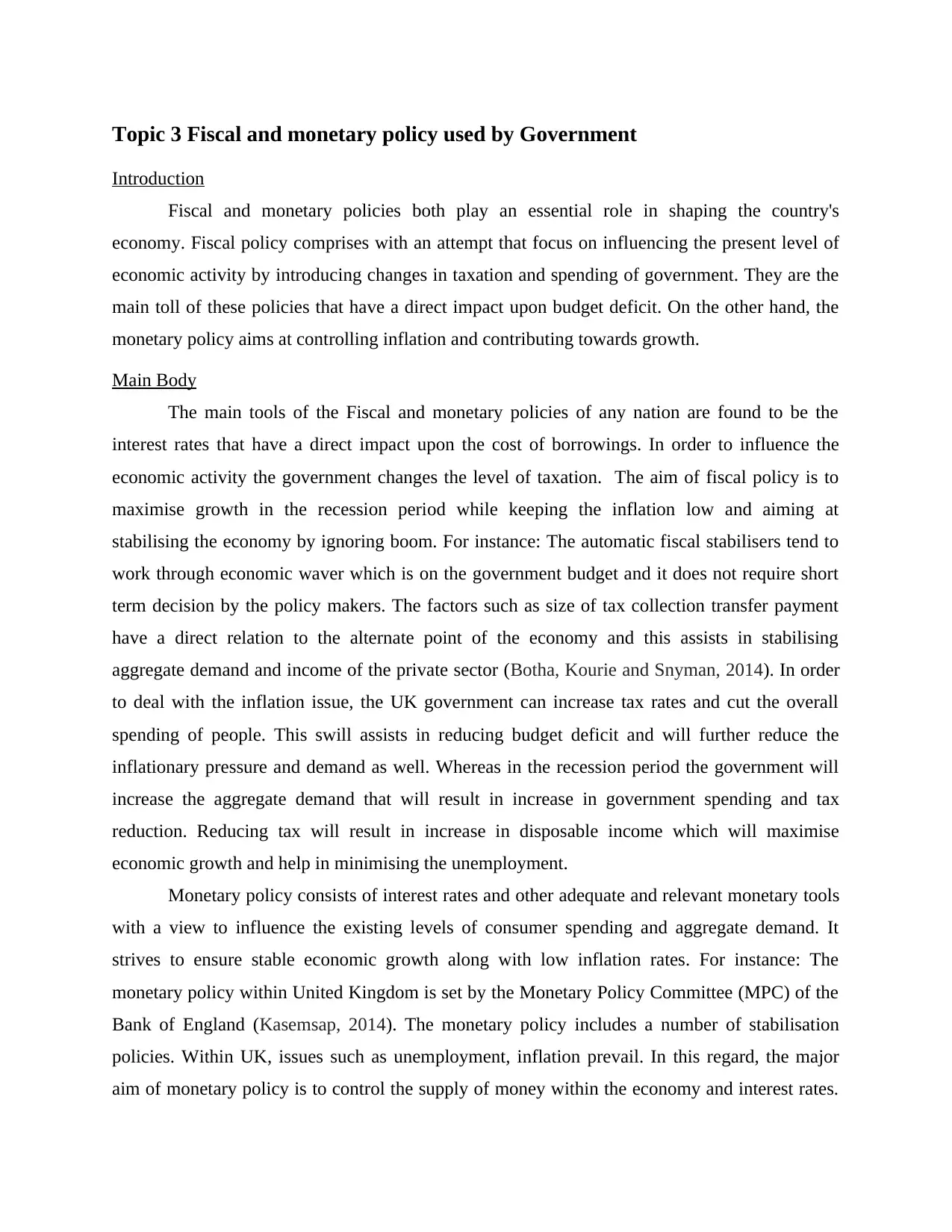

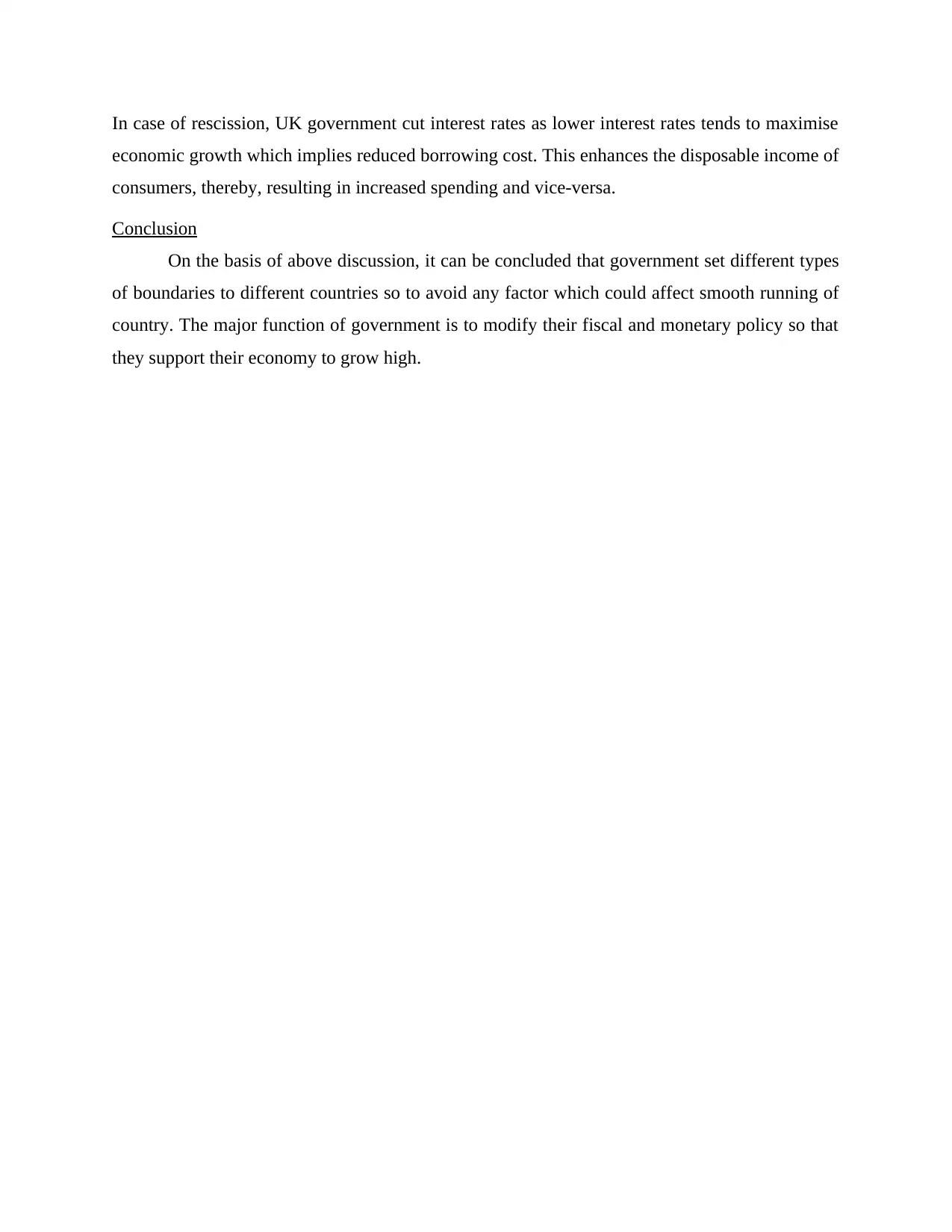
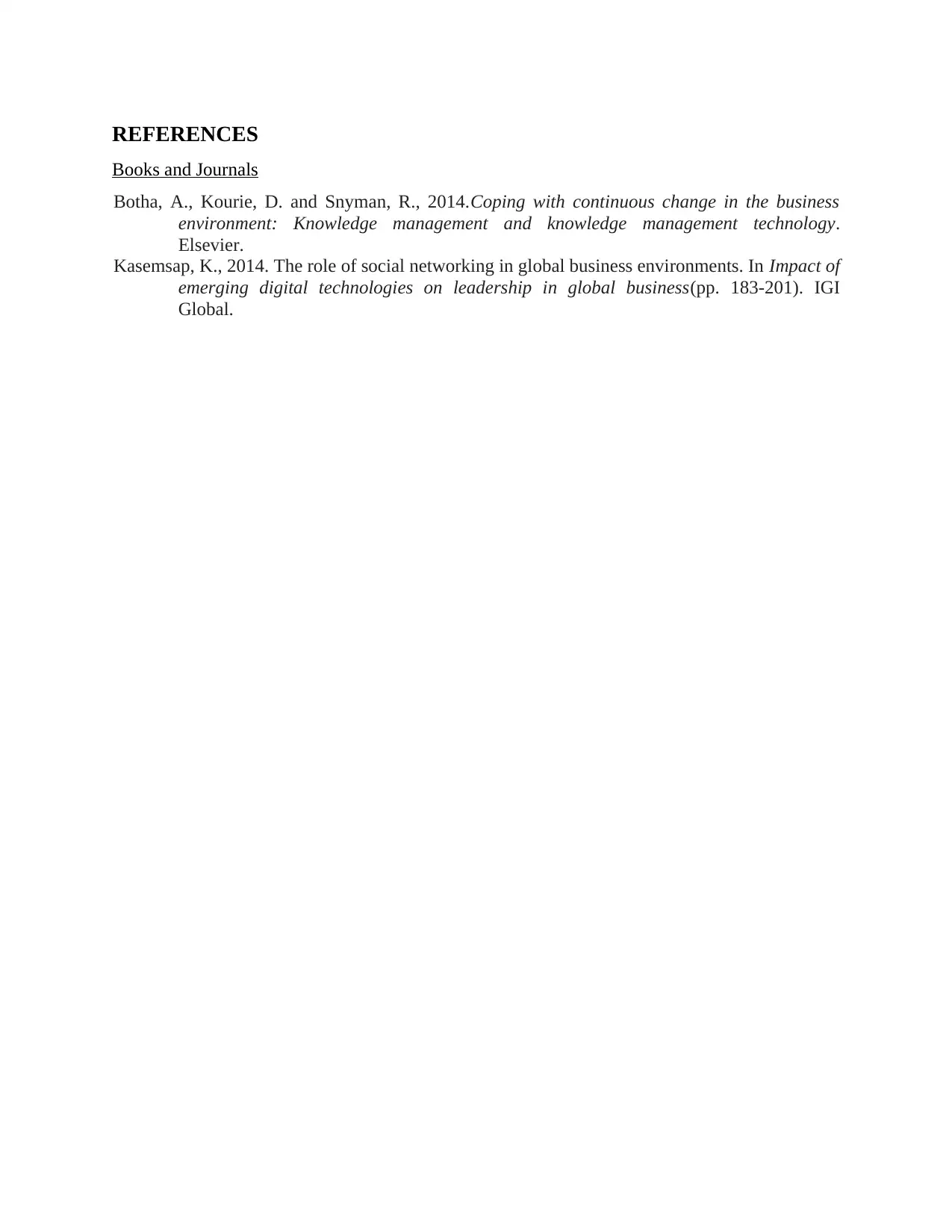






![[object Object]](/_next/static/media/star-bottom.7253800d.svg)